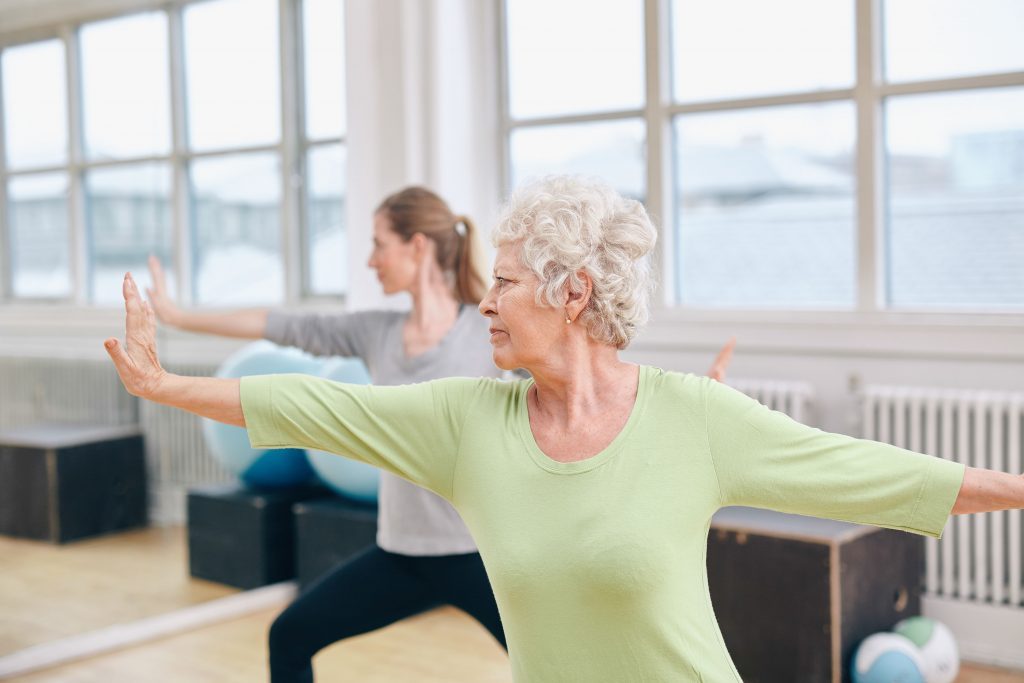Maintaining Body Fitness in Old Age

Why is fitness important in old age?
Old age comes with several health challenges, such as chronic diseases, reduced mobility, and cognitive decline. However, regular physical activity can help prevent or delay the onset of these conditions. Exercise helps improve cardiovascular health, strengthens bones and muscles, and boosts overall physical and mental wellbeing.
What are the benefits of staying fit in old age?
Some of the benefits of staying fit in old age include:
- Reduced risk of chronic diseases such as diabetes, heart disease, and stroke
- Improved cognitive function and memory
- Better balance and reduced risk of falls
- Increased strength and flexibility
- Better sleep quality
How can seniors maintain their fitness levels?
Here are some tips for seniors to maintain their fitness levels:
- Engage in regular physical activity such as walking, swimming, or cycling. Aim for at least 150 minutes of moderate-intensity exercise per week.
- Strength training exercises such as lifting weights or using resistance bands can help improve muscle strength and bone density.
- Stretching exercises such as yoga or Pilates can help improve flexibility and balance.
- Eat a healthy and balanced diet that includes fruits, vegetables, whole grains, and lean protein.
- Stay hydrated by drinking plenty of water throughout the day.
- Get enough rest and sleep to allow the body to recover and repair.
What are the potential risks of exercising in old age?
While exercise is generally safe for seniors, there are some potential risks to be aware of. Some of the risks include:
- Increased risk of falls or injuries
- Exacerbation of existing health conditions such as arthritis or heart disease
- Overexertion leading to fatigue or exhaustion
Conclusion
Staying fit in old age is essential for leading a healthy and happy life. By engaging in regular physical activity, seniors can prevent chronic diseases, improve mental health, and increase longevity. However, it's important to be aware of the potential risks of exercising and take necessary precautions. By following the tips mentioned in this article, seniors can maintain their fitness levels and enjoy a better quality of life.
FAQs
1. Is it safe for seniors to exercise?
Yes, it's generally safe for seniors to exercise. However, it's essential to consult with a doctor before starting any exercise program, especially if you have any pre-existing health conditions.
2. What types of exercises are suitable for seniors?
Seniors can engage in various types of exercises such as walking, swimming, cycling, strength training, and stretching exercises such as yoga or Pilates.
3. How much exercise should seniors get?
Seniors should aim for at least 150 minutes of moderate-intensity exercise per week or 75 minutes of vigorous-intensity exercise per week.
4. What are some precautions seniors should take before exercising?
Seniors should consult with a doctor before starting any exercise program, wear appropriate footwear and clothing, warm-up and cool-down properly, stay hydrated, and listen to their bodies and rest as needed.
